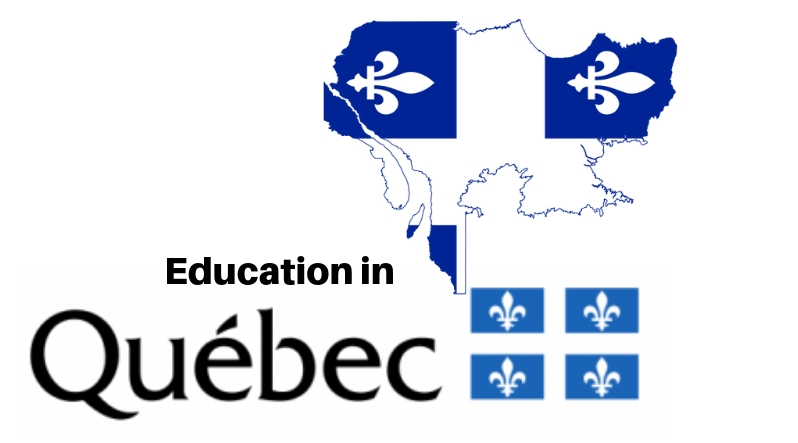Canada’s only francophone province, Quebec is home to three of Canada’s ten research universities, as well as numerous excellent colleges and technical schools.
Three universities offer English language instruction and several more concessions allowing students to submit assignments in English.
Depending on visa arrangement, Quebec can also be among the least expensive of Canadian provinces to study.
General Education Facts
Education in Quebec runs from Kindergarten (Year 0) to Grade 12, with a 13th year of college training the CEGEP (General and Professional Education College) system.
Individual municipalities are responsible for operating schools within their jurisdictions through local school boards, which are divided along language lines in areas of significant Anglophobe populations.
The provincial education ministry, the Ministry of Education, Leisure and Sport, is responsible for provincial curriculum development and management, as well as teacher certification.
All schools in Quebec must follow the same basic curriculum, regardless of religious, political affiliation or language of instruction, though many schools offer exciting courses and opportunities beyond the core requirements.
Post Secondary Education Facts
In Canada, there are basically four types of post-secondary educational institution:
Universities, which are empowered to grant all levels of post-secondary degree
University Colleges, which are empowered to grant four-year and two year degrees, as well as technical degrees
Colleges, which are empowered to grant two-year and vocational degrees
Private schools that offer specific religious, vocational, technical or language training.
In Canada, post-secondary education is the responsibility of the provincial and territorial governments, and the provinces administer all funds provided by the Government of Canada for the express purpose of college and university administration.
In Quebec, the ministry responsible for managing higher education is the Ministry of Education, Leisure and Sport.
The federal government, however, still offers a variety of funding options to individuals and universities for research, student financial aid, and for various scholarships.
Quebec Opportunities for Higher Learning
McGill University, in Montreal, is one of Canada’s top 3 universities and frequently among the top 25 worldwide.
The university boasts several Nobel laureates, Canada’s most prestigious MBA program, state-of-the-art research facilities, a top 3 law school, dozens of internationally-renowned faculty.
The CANDU nuclear reactor was developed across the street from where Leonard Cohen wrote his first major hit songs, just down the block from McGill’s world famous medical school.
Concordia University is an English-language university in Montreal.
With a highly prestigious business school, the province’s best-regarded public administration program, a new engineering building and a highly international student body, Concordia is among the most popular of Canadian universities for visa students.
The University of Montreal is a French-language top 10 research institution with the province’s largest research capacity.
It runs one of Canada’s most prestigious MBA programs, Quebec’s best economics department, and the province’s largest medical school.
The University of Quebec at Montreal is a French-language university in the heart of Montreal’s Latin Quarter. It’s the largest university in Quebec and boasts excellent international development, business and economics programs.
Laval University is a French-language university in Quebec City. Canada’s oldest university, a top 10 research university, and the Alma Mater of several prime ministers of Quebec and Canada, Laval has recently seen $200 million in building, which only reinforces its excellent applied sciences and law programs.
Read More:




